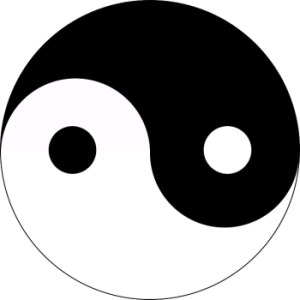
Yin Yang Meaning in Life
The balance of yin and yang energy is essential to things we do, whether it’s related to our health, relationships, or work. In the universe, everything is made up of these two opposing yet complementary forces. Yin represents softness, passivity, and femininity, while yang embodies hardness, activity, and masculinity.
The interplay between yin and yang is present in all aspects of our lives. By finding a balance between them, we can achieve the outcomes we desire. For example, maintaining a yin yang balance is crucial for our health. When our body is in harmony, our life energy flows smoothly, and our internal organs function optimally. This helps strengthen our immunity and prevent illness or disease.
An excess of yang energy can cause symptoms such as fever, restlessness, and irritability. Conversely, an excess of yin energy can lead to fatigue, coldness, and slow metabolism. Traditional Chinese medicine practitioners use various techniques to bring the body back to its equilibrium.
Balancing yin and yang is also essential to effective leadership. Yin qualities such as softness, intuition, and yielding, and yang qualities such as activity, meditation, and decisiveness, are both necessary for successful leadership.
If you have too much yang, you may become too forceful, aggressive, and dominating. Conversely, too much yin can lead to passivity, indecisiveness, and a lack of control. Balancing these qualities is crucial for creating a positive work environment that is motivating, productive, and respectful of everyone’s values.
In the context of building healthy relationships, balancing yin and yang can be seen as the harmonious interplay between two individuals with complementary traits, needs, and preferences. This balance helps to create a fulfilling and supportive relationship that fosters growth, understanding, and love.
Every person is unique and can be classified as either yin or yang. Those who are outgoing and assertive are considered yang, while those who are introspective and empathetic are classified as yin.
To maintain balance, it’s crucial to recognize and appreciate each person’s strengths and weaknesses and find ways to complement each other. This promotes mutual respect and harmony. When a person is dominant in a particular area, others should contribute in a way that balances it out.
For instance, if a person is analytical and logical, others can balance them by being more intuitive and creative. This approach benefits everyone involved since it enables effective collaboration and decision-making.
Achieving a balance of yin and yang is vital in everything you do. By observing and striving for balance, you can improve the quality of everything you do.






